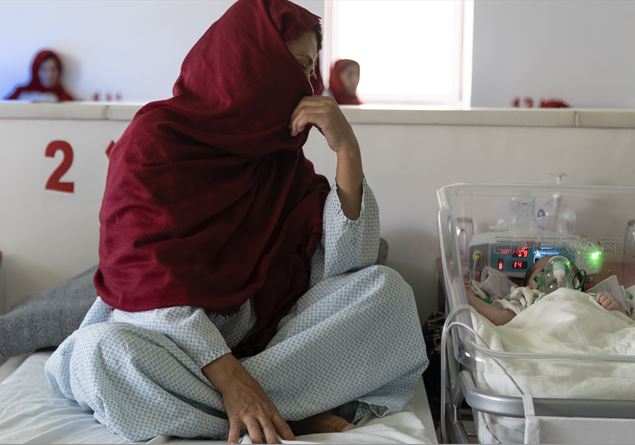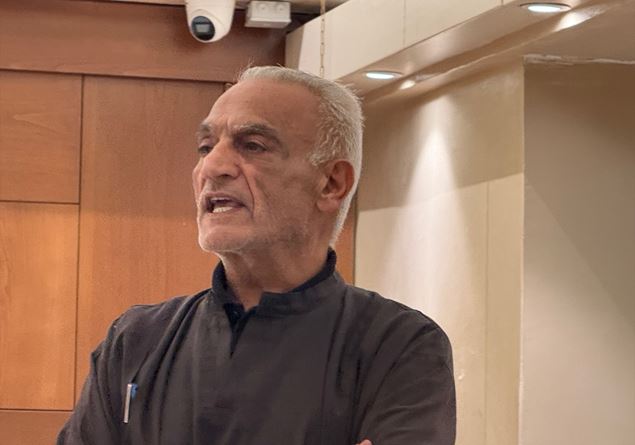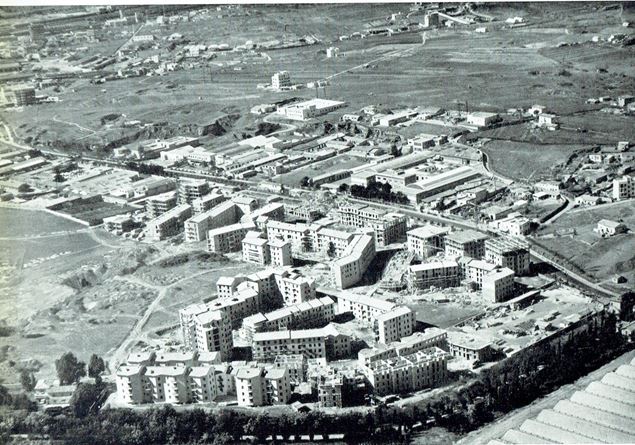In Afghanistan, today, healing himself is a luxury that few can afford. According to the new Emergency report, created in collaboration with Crimedim (Interdepartmental Center for Research in Medicine of Disasters), 60% of the population is forced to give up medical treatment for economic reasons, while an Afghan out of four refers surgical interventions, sometimes even life -saving, debt or selling their goods to pay the healthcare costs.
The report, fruit DThe over 1,600 testimonies collected in 11 provinces Where Emergency has been present since 1999, he returns a dramatic picture of a country which, after decades of war, is now dealing with a fragile health system, underlying and progressive dismantling.
“This situation is the result of decades of conflicts that have prevented adequate development of civil infrastructures, in particular health ones”, explains Francesca Bocchini, an Advocacy contact person from Emergency. “In recent months, the closure of over 300 clinics has further compromised access to care, while the international humanitarian response is financed just to 21%. Without structural and long -lasting investments, discontent and tensions risk turning on again ».
The weight of inequalities
Women pay the highest price. Afghanistan, for years for years of tail in the field of female rights, sees today women excluded from high schools and universities, with heavy repercussions also on access to health services.
“Patients often hesitate to talk about their problems until they are serious and, for cultural reasons, they prefer – or are obliged – to be treated only by female medical personnel, who, however, is increasingly difficult to find, “says Keren Picucci, gynecologist at the Emergency maternity center in Anabah, in the Panshir valley. The absence of trained personnel and the lack of adequate equipment do the rest, aggravating an already extremely precarious picture.
It is no coincidence that among the main requests of interviewees the need for multiple quality health structures, the reduction of the costs of care and transport, and a greater presence of health workers emerge.
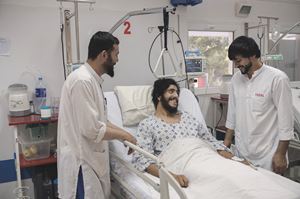
Economic, geographical and cultural barriers
In addition to the prohibitive costs of care, which force many Afghan to sell personal goods or ask for loans, the difficulties of displacement represent a huge obstacle. Only 2% of the interviewees say they have been able to use a public ambulance, while almost half was forced to travel long stretches on foot. 79% had to go to another city, province or even beyond border to receive surgical assistance. The women, in particular, are forced to move in two out of three cases to access the services they need.
The result? Over a third of the interviewees suffered serious consequences for the lack of access to care, with cases of permanent disabilities or avoidable deaths.
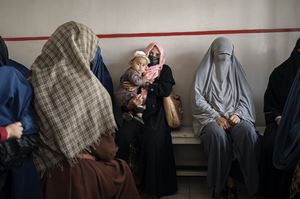
The voice of the Afghan and the alarm cry of Emergency
The relationship, entitled Access to emergency care, criticism and surgical in Afghanistan. Prospects of the Afghan people and the health workers of 11 provincesis based on data collected among the patients of the Kabul surgical centers, Lashkar-Gah and Anabah, the maternity and pediatric center of Anabah and over 40 first aid and health centers scattered in the country.
“Four years after the abandonment of international forces and the settlement of the new government, Afghanistan has disappeared from the priorities of the international community», Dejan Panic, director of the Emergency program in Afghanistan. «But the health needs of the population have not disappeared. Indeed, the fragility of the system risks exploding in a new crisis ».
The Italian NGO, which has been operating in the country for over 25 years, has invited local authorities and the international community not to turn their backs to the Afghan. Among the ten key recommendations of the report, they include the strengthening of health infrastructures, the demolition of economic barriers, the investment in the training of qualified personnel – especially women – and continuous support for humanitarian assistance programs.
“Pace does not build just by stopping weapons – concludes Bocchini – but guaranteeing health services, schools, accessible and resilient infrastructures. Abandoning Afghanistan means condemning millions of people to a future without rights and without hopes ».





